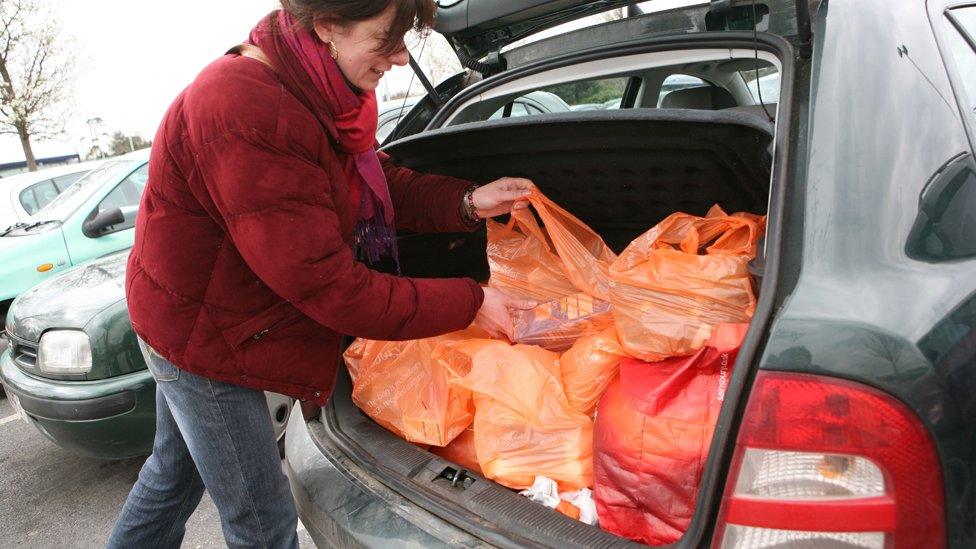The 5p plastic bag charge: All you need to know
- Published
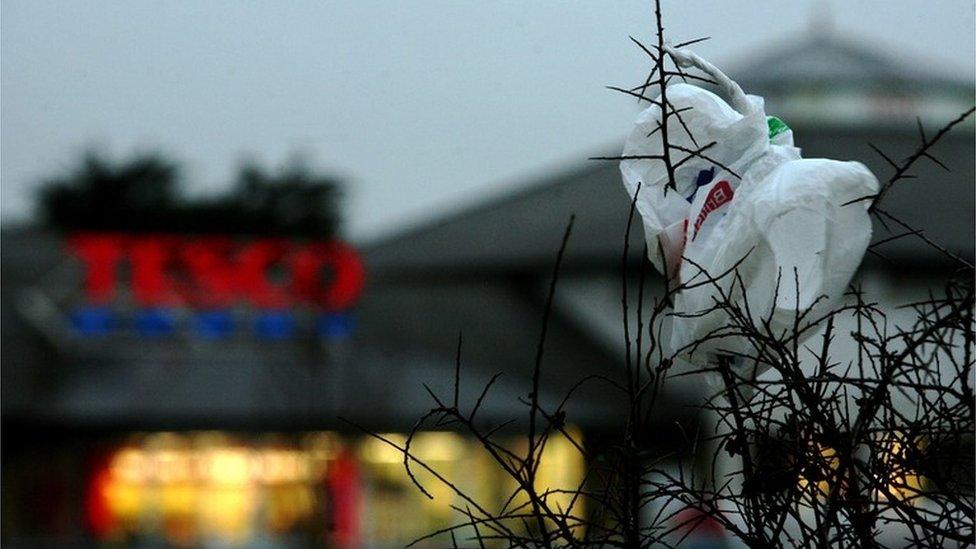
A new 5p charge for plastic bags was introduced in England on 5 October 2015. Here's what you need to know.

How does the levy work?
Shoppers are charged 5p for every new plastic bag they use at large stores in England.
The charge applies only to shops or chains with 250 or more full-time employees.
Plastic bags at airport shops or on board trains, planes or ships, are not included, and neither are paper bags.
England was the last country in the UK to start charging for plastic bags.

Why do this?
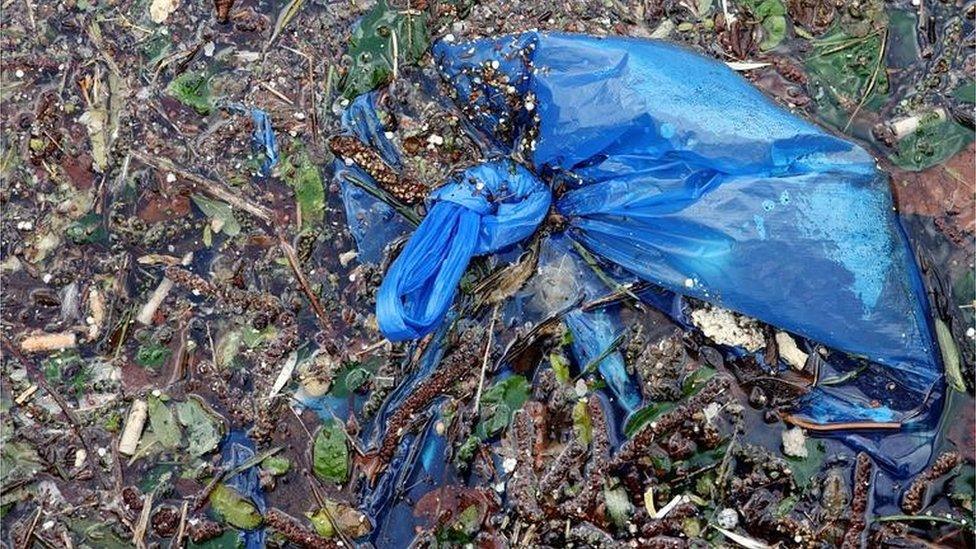
The number of plastic bags handed out by supermarkets in England in 2014 rose to 7.64 billion - 200 million more than in 2013.
Figures collected by waste-reduction body Wrap, on behalf of the Department for Environment, Food and Rural Affairs (Defra), show that the figure has steadily increased for the past four years.
In 2010 almost 6.3 billion were used.
Campaigners argue that the bags blight streets, spoil the countryside, and damage wildlife, seas and coastline.
Ministers think introducing a 5p charge will stop shoppers using as many new bags, and encourage people to re-use old ones.
The government hopes to see an 80% reduction in plastic bag use in supermarkets, and a 50% fall on the high street.
Over the next decade it hopes the charge will create:
£60m savings in litter clean-up costs
£13m in carbon savings
The charge was a policy championed by the Liberal Democrats in the previous coalition government.

Where will the money go?
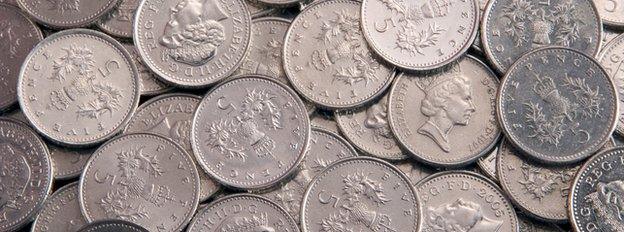
Initially to the supermarkets. This is not a tax and the money raised by the levy will not go to the government.
Retailers can choose what to do with the proceeds of the charge, but they are expected to donate it to good causes.
Over the next 10 years the government hopes the charge will raise £730m for such causes.
Retailers will need to report to ministers about what they do with the money, and the government will publish this information each year.

What is being done elsewhere?
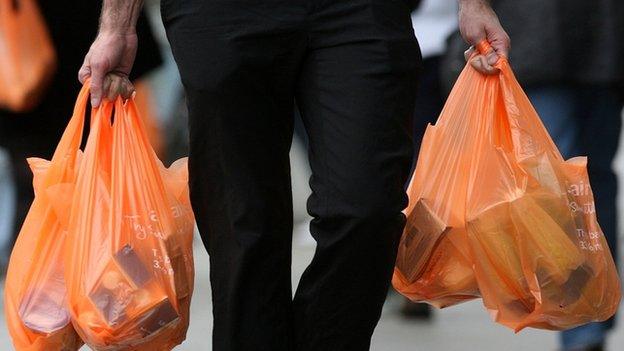
In 2011, Wales started charging 5p per bag and saw a 71% drop in the number used by customers.
Scotland and Northern Ireland introduced their charges in 2014 and 2013 respectively and have also seen significant drops in usage.
In Scotland the charge was introduced in the final 11 weeks of 2014 and figures show a drop of 18% when compared with the statistics for the previous year. Similarly, in Northern Ireland in 2014 there was a 42.6% annual reduction following a previous drop of 71%, after the carrier bag charge was introduced.
But the UK is not alone in trying to limit use.
In 2002, Bangladesh became the first country in the world to ban thinner plastic bags altogether, after they were found to have choked local drainage systems during floods.
Other countries including South Africa, Rwanda, Kenya, China, and Italy followed suit.
More recently Mexico City and the US state of California imposed bans.

Is the charge avoidable?
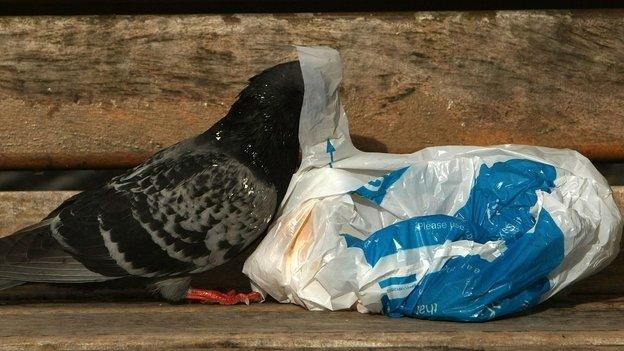
Firstly, you could try a smaller shop. As the charge technically only applies to bigger stores, smaller places may continue to hand bags out for free. Such stores are allowed to ask for 5p a bag, but the Association of Convenience Stores, which represents more than 33,500 local shops, said only 8,000 were planning to do so
Secondly, it's an obvious point but bring your own bag(s). #reusebags is the government's Twitter hashtag for this policy change, and it's a simple message.

Does the charge involve all plastic bags?
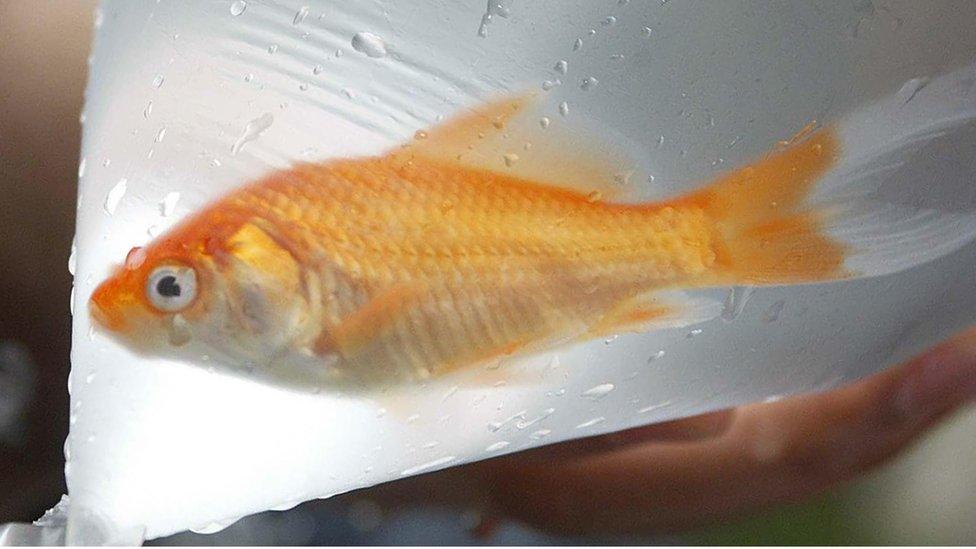
No. There are a few very specific exemptions. You will not be charged for plastic bags if you're buying:
live aquatic creatures in water
unwrapped blades, including axes, knives, and knife and razor blades
uncooked meat, poultry or fish
prescription medicine
unwrapped loose seeds, flowers, bulbs, corns, rhizomes - as in roots, stems and shoots, such as ginger - or goods contaminated by soil, like potatoes or plants
unwrapped ready-to-eat food for animal or human consumption - for example, chips, or food sold in containers not secure enough to prevent leakage during normal handling

What about home deliveries?
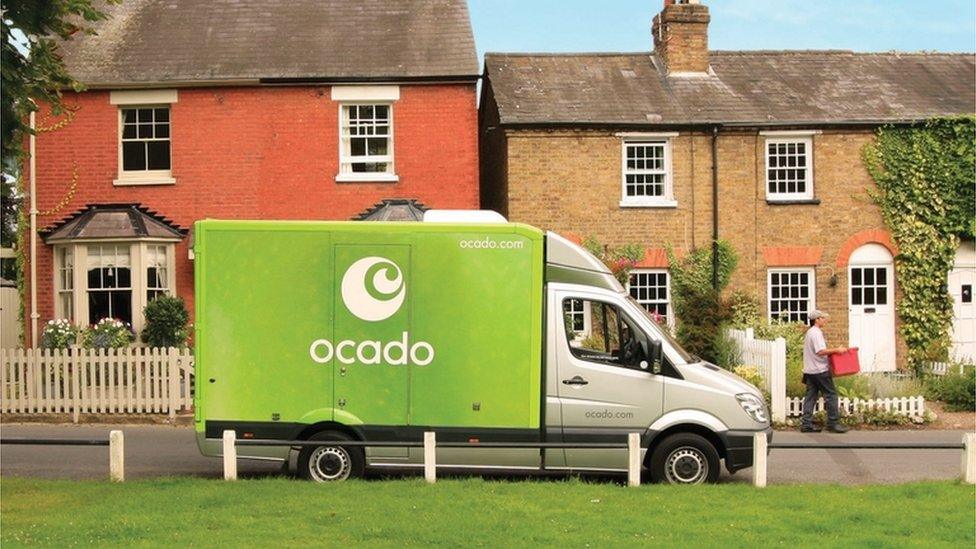
While all of the major supermarkets will be charging for plastic bags at their outlets, the fee will also affect home deliveries.
Most supermarkets are offering a "bagless" delivery service, or are charging a standard flat fee for plastic bags per shop.
Other operators such as Morrisons and Ocado will be charging 5p per bag for deliveries. However, they will also be giving customers back 5p for the plastic bags they return to the company to recycle.

5p or not 5p? That is the question
How well do you understand the new rules on charging shoppers for plastic bags?

Are re-usable bags cleaner?
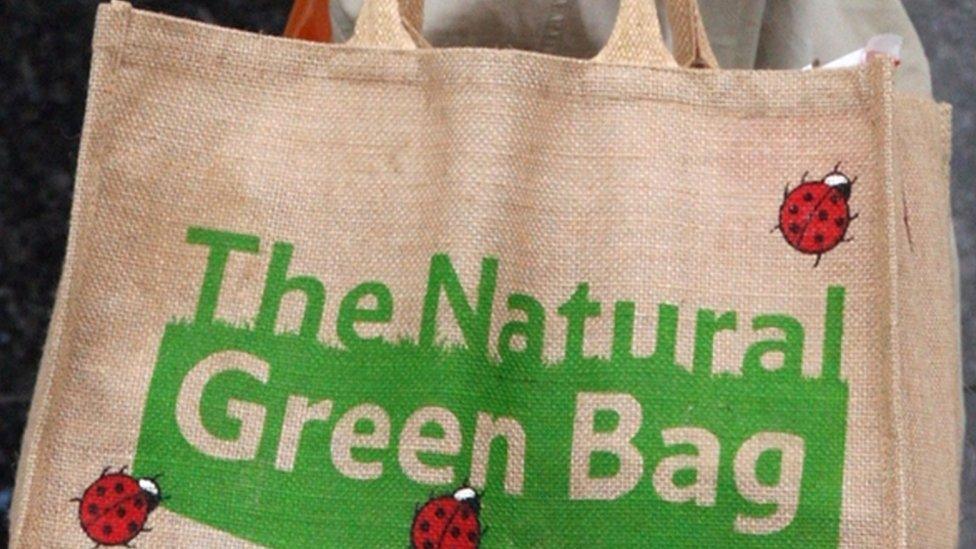
The thin modern plastic bags used by supermarkets are actually cleaner to produce, in terms of greenhouse gas emissions, than paper bags, heavier plastic "bags for life" and textile bags.
In 2011 Britain's Environment Agency published a Life Cycle Assessment of Supermarket Carrier Bags, external, which concluded that long-life bags have to be reused a number of times - more than 100 times in the case of a cotton bag - if they are to be environmentally a better option than standard plastic carrier bags.
Of course, if a plastic bag is reused then its carbon footprint per use decreases even further.
But although they are technically cleaner to produce, plastic bags do not biodegrade.
According to Professor Tony Ryan, at the University of Sheffield's faculty of science, plastic bags in landfill "exist for at least hundreds of years".
You can also get biodegradable plastic bags but at the moment the government wants to charge for these too.
Defra says it needs to find a way of distinguishing biodegradable bags from standard plastic bags in the recycling process.
Biodegradable plastic bags need oxygen and sunlight to degrade. If they get buried in landfill there is little difference between them and standard carrier bags.

What's been the reaction?
A survey of more than 2,000 people commissioned by Break the Bag Habit coalition - which includes the Campaign to Protect Rural England and Keep Britain Tidy among others - found that 62% of people in England agreed a 5p charge was "reasonable".
Environmental charity Friends of the Earth also welcomed the charge, but said more needed to be done.
The group's chief executive, Craig Bennett, described the move as a "small step" and believed it would "do little to tackle the nation's huge waste mountain".
The plans for the levy were described as a "complete mess" by the parliamentary Environmental Audit Committee last year, external.
It warned that excluding paper bags and small retailers risked confusing consumers and undermining the effectiveness of the levy - a view also held by the Association of Convenience Stores.
- Published24 July 2015
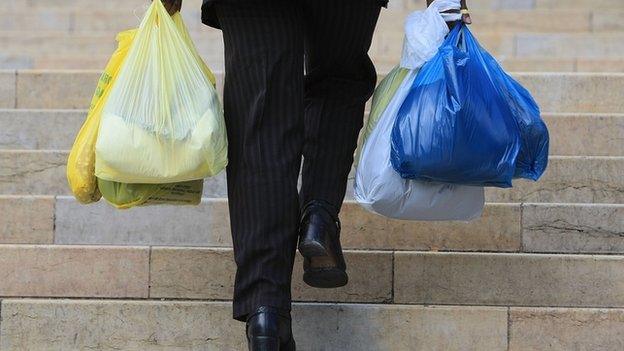
- Published1 October 2015
